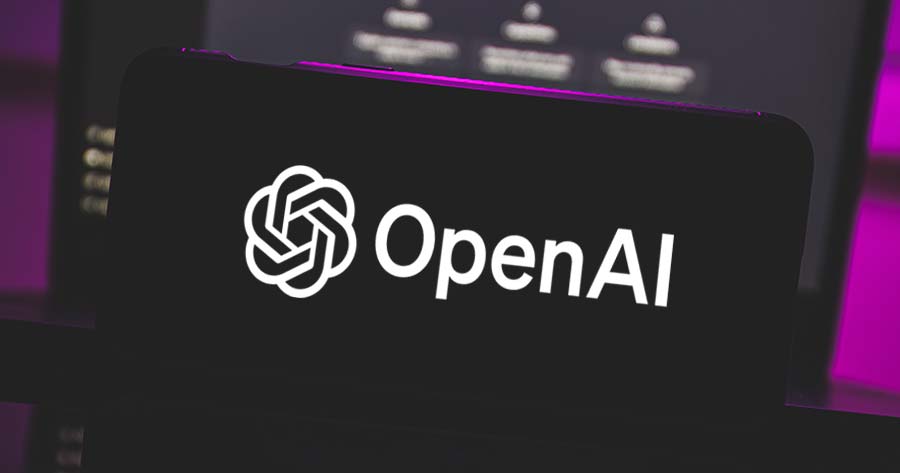OpenAI rolled out the highly anticipated GPT-5 artificial intelligence model on Thursday, strengthening its position at the forefront of the generative AI arms race and setting the stage for a new era in enterprise and consumer applications.
The upgrade, which powers the popular ChatGPT chatbot, will become available to all 700 million users, the company announced.
The debut comes amid a historic capital spending spree by the industry’s leading players. OpenAI, along with backers such as Microsoft, and rivals including Alphabet, Amazon, and Meta, are collectively pouring close to $400 billion into AI infrastructure this fiscal year.
Investor optimism is closely tied to expectations that enhanced models like GPT-5 will not only delight consumers but also convince enterprises that these tools are indispensable to their operations.
However, the gulf between consumer enthusiasm and meaningful business adoption remains wide. While consumer engagement with ChatGPT has been robust, enterprise-level spending on AI has yet to match the scale of industry investments, said economics commentator Noah Smith.
This mismatch has raised questions about whether consumer demand alone can generate the returns needed to justify massive outlays on data centers.
OpenAI is looking to change that narrative with GPT-5, which CEO Sam Altman described as the first model capable of responding as a “legitimate expert, a PhD-level expert, in any field.”
The company emphasized GPT-5’s enhanced abilities in software development, healthcare, and finance, billing it as a tool capable of delivering expert-level responses and instantaneous software on demand. In live demonstrations, the model created working software from text prompts in a process dubbed “vibe coding.”
Despite its advances, initial reviews suggest the leap from GPT-4 to GPT-5 may be less dramatic than prior generational jumps, but still significant in coding and problem solving.
OpenAI acknowledged that GPT-5 remains a tool—strong but not sentient—and cannot learn autonomously, a ceiling preventing it from matching human capabilities head-on.
The product’s launch follows OpenAI’s internal discussions to allow employees to cash out holdings at a valuation of $500 billion, up sharply from $300 billion earlier this year. Its top scientists also command signing bonuses upwards of $100 million.





